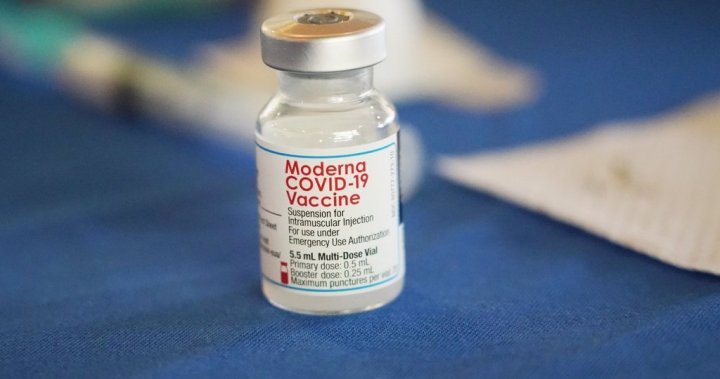As summer approaches in the Northern Hemisphere, global health authorities are monitoring a concerning uptick in COVID-19 cases linked to a newly identified variant. The World Health Organization reports a 42% increase in COVID-19 hospitalizations across 50 countries in the past month, signaling what experts fear could be the beginning of another significant wave.
The new variant, designated KP.3, demonstrates enhanced transmissibility compared to previous strains, according to preliminary studies from virologists at the University of Toronto. “What’s particularly concerning about KP.3 is its ability to partially evade immunity from both previous infections and vaccinations,” explains Dr. Eleanor Zhao, infectious disease specialist at Toronto General Hospital.
Data from CO24 World News surveillance indicates that KP.3 has already been detected in 27 countries across five continents, with particularly rapid spread throughout Europe and parts of Asia. The United Kingdom has reported a 68% rise in COVID-related hospital admissions in just three weeks, while South Korea has reinstated mandatory masking in healthcare settings.
Here in Canada, provincial health authorities are reporting variable but generally increasing case numbers. “We’re seeing positivity rates climb from 3% to nearly 12% in some testing centers,” notes Dr. Michael Torres, epidemiologist with the Public Health Agency of Canada. “What’s different this time is the overlap with an unusually persistent influenza season, putting additional strain on healthcare resources.”
The federal government announced yesterday it will allocate $75 million in emergency funding to provincial health systems to prepare for a potential summer surge. Health Minister Jean-Yves Duclos emphasized at a CO24 Politics briefing that the response would be “proportionate and guided by science,” avoiding the broader restrictions seen in previous waves.
Economic analysts at the Royal Bank of Canada suggest this emerging wave could have meaningful but limited economic impact. “Unlike 2020-2021, we’re not anticipating severe lockdowns, but consumer behavior will likely shift temporarily, particularly affecting hospitality and travel sectors,” explains financial analyst Priya Singh in a recent CO24 Business interview.
Vaccine manufacturers including Pfizer and Moderna have announced they are already working to update formulations to better target KP.3, though updated vaccines wouldn’t be widely available until fall at the earliest. Meanwhile, public health officials are encouraging vulnerable populations to ensure they’re current with existing vaccine boosters, which still provide significant protection against severe disease.
The timing of this surge raises particular concerns about large summer gatherings, including major sporting events and music festivals scheduled across Canada and globally. “We’re not suggesting cancellations at this point,” says Toronto’s Medical Officer of Health, Dr. Sarah Williams, “but organizers should consider enhanced ventilation, optional masking policies, and flexibility for those who may need to cancel due to illness.”
As we navigate yet another chapter in the ongoing pandemic story, the question remains: have we truly integrated the lessons of previous waves into our public health infrastructure, or will we find ourselves caught in the same reactive cycle that has characterized much of our pandemic response?

























